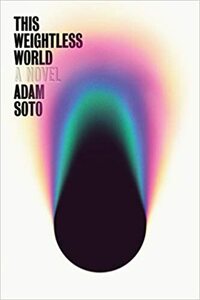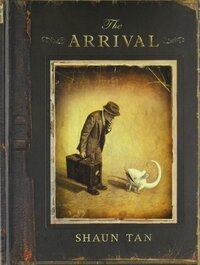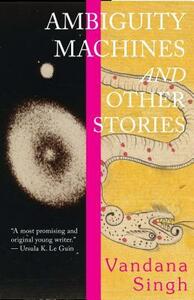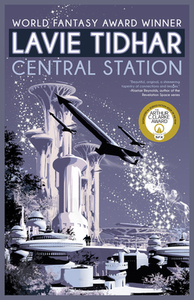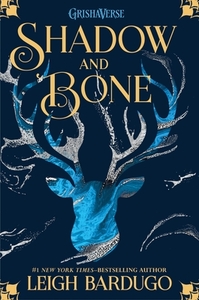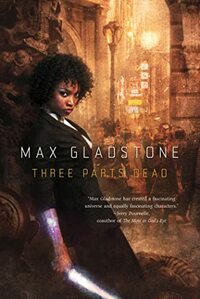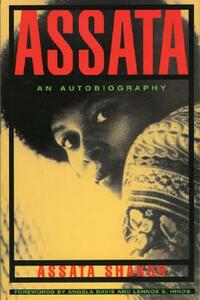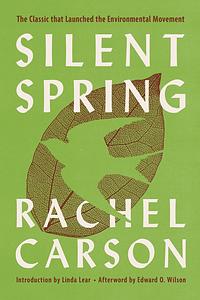Take a photo of a barcode or cover
mtherobot's Reviews (866)
How long ago does something have to be set before it counts as a period piece? This Weightless World is set in 2012, a point in time that feels recent to me but was, in fact, nearly a decade ago. (Ew!) Adam Soto definitely captures the kinds of things I was reading (Joe Meno, Wikipedia, Contact) and feeling (like the world was ending, Maya Apocalypse notwithstanding) at that time, though of course your mileage may vary on that one.
As for the actual content of the book, I thought it was just okay. Split perspectives rarely work well, and three fourths of them here felt similar to the point of being redundant — the whole "sad intellectual monologues intellectually at other sad intellectuals" thing, while very 2012, gets old after, like, a few dozen pages, and I wish Soto picked one of these storylines (cough cough Eason's) to really invest in.
Then we have the fourth perspective, focusing on sad astronaut He Zhen, which is inexplicably told in the first-person and is also inexplicably much better than the other three. Aside from the musical descriptions in the Eason sections, this was the only part of the book that I consistently enjoyed, at least in part because I felt like it was actually going somewhere.
In all four perspectives, the whole "discovery of presumably intelligent alien life" thing is backgrounded, hard, and I've been going back and forth on whether or not I think it's successful. On the one hand, there were points where I wondered whether the Omni plot needed to be included at all. But there were other points were I found it genuinely moving—there's one moment early in the story where Eason laments that the murder of his friend will be forgotten in the face of more cosmically significant events, another where Sevi visits his parents for the first time in months and notices their age. There's a general sense that life goes on, for better or worse; that the problems we had yesterday are the problems we're likely to have tomorrow, regardless of the supposedly life-changing things that may happen today.
Hey, who says genre fiction is only about escapism!
Thanks to the publisher and NetGalley, who provided a free ARC in exchange for an honest review.
As for the actual content of the book, I thought it was just okay. Split perspectives rarely work well, and three fourths of them here felt similar to the point of being redundant — the whole "sad intellectual monologues intellectually at other sad intellectuals" thing, while very 2012, gets old after, like, a few dozen pages, and I wish Soto picked one of these storylines (cough cough Eason's) to really invest in.
Then we have the fourth perspective, focusing on sad astronaut He Zhen, which is inexplicably told in the first-person and is also inexplicably much better than the other three. Aside from the musical descriptions in the Eason sections, this was the only part of the book that I consistently enjoyed, at least in part because I felt like it was actually going somewhere.
In all four perspectives, the whole "discovery of presumably intelligent alien life" thing is backgrounded, hard, and I've been going back and forth on whether or not I think it's successful. On the one hand, there were points where I wondered whether the Omni plot needed to be included at all. But there were other points were I found it genuinely moving—there's one moment early in the story where Eason laments that the murder of his friend will be forgotten in the face of more cosmically significant events, another where Sevi visits his parents for the first time in months and notices their age. There's a general sense that life goes on, for better or worse; that the problems we had yesterday are the problems we're likely to have tomorrow, regardless of the supposedly life-changing things that may happen today.
Hey, who says genre fiction is only about escapism!
Thanks to the publisher and NetGalley, who provided a free ARC in exchange for an honest review.
An interesting read given the (latest round of) Cat Person drama. La Cote Basque is only piece of Capote's fiction I've ever read it, and I had sort of taken the word of retrospective writers that its publication had a really central impact in Capote's declining career and mental health. Clarke presents it differently here—that, rather than being a big mistake on Capote's part, it (and Answered Prayers, the never to be completed novel it was part of) was a sort of literary middle finger to the high society Capote was never quite accepted into, and that his mental health struggles were more closely related to his successes than his failures—and I feel inclined to believe him. And, regardless of Capote's motivations, it does feel a little deserved, anyway. You can't tell your secrets to the world's most famous gossip and expect it to stay a secret for long, right?
Anyway, the whole Answered Prayers ordeal is easily one of the least entertaining bits of Capote's life. Biographies (especially 600+ page biographies) aren't exactly known for being thrilling, edge of your seat type pieces, but Capote's life is so full of bizarre and specific moments, it reads almost more like fiction.
Anyway, the whole Answered Prayers ordeal is easily one of the least entertaining bits of Capote's life. Biographies (especially 600+ page biographies) aren't exactly known for being thrilling, edge of your seat type pieces, but Capote's life is so full of bizarre and specific moments, it reads almost more like fiction.

